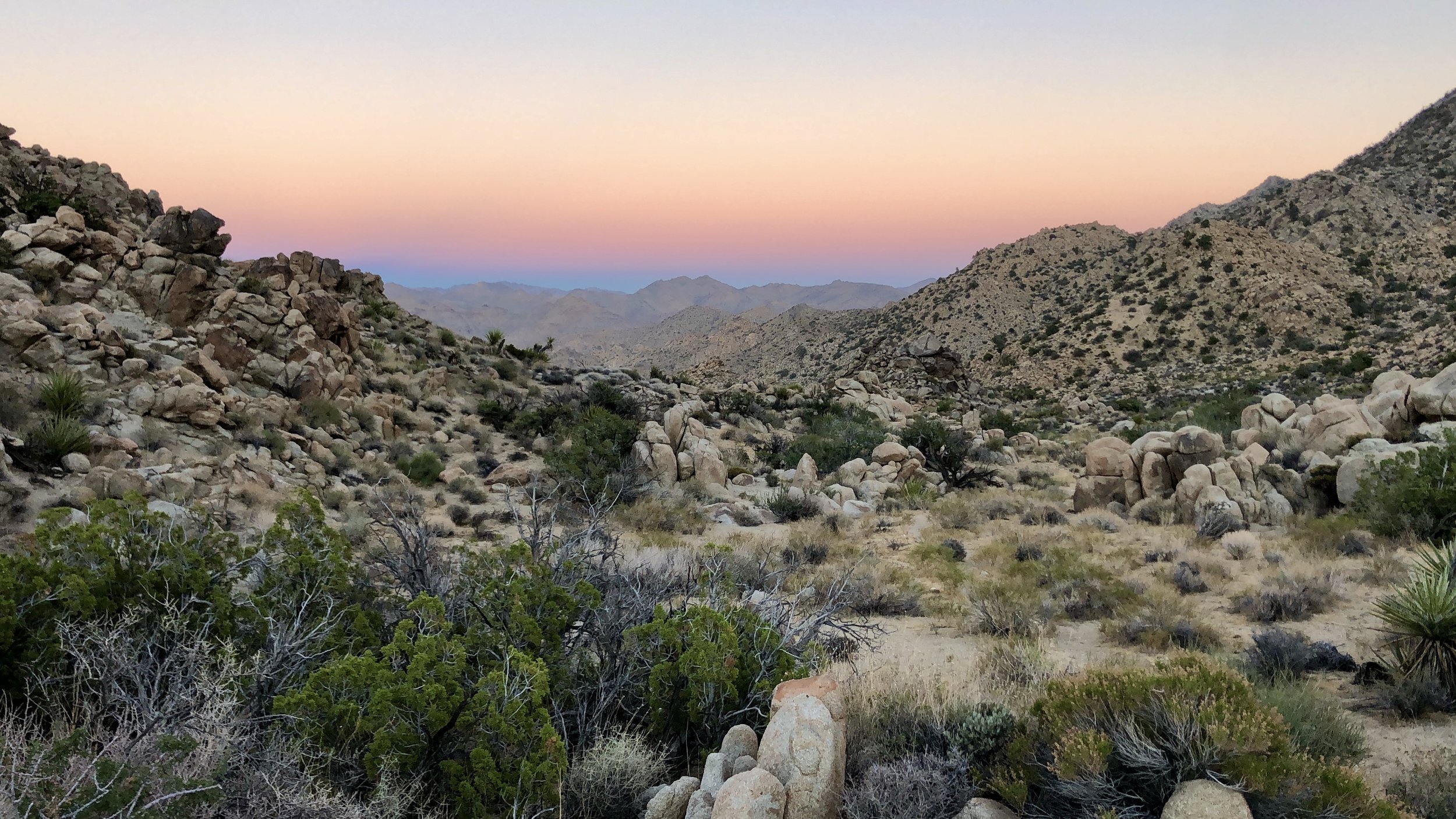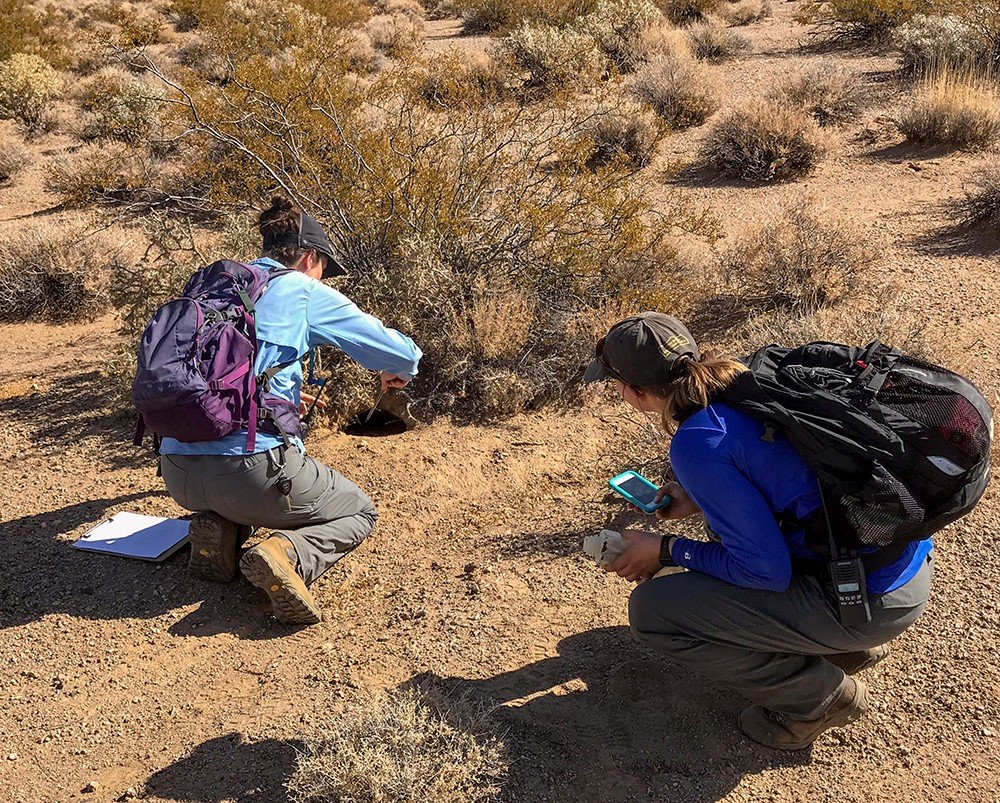



The California desert environment is “extremely fragile, easily scarred, and slowly healed.” This apt description, from the 1976 designation of the California Desert Conservation Area, drives home the need for specialized stewardship of this beautiful landscape. This photo essay by Land Steward Stream Tuss explains what she does while out on MDLT lands, from checking for traces of tortoise activity to installing vital signage.

The Women in Science Discovering Our Mojave internship program has provided new insights into the movement of bighorn sheep in the Mojave Desert, with game cameras collecting data and images of the elusive species. In addition to tracking data on the comings-and-going of those lovable caprines, we’re also doing data collection on a slightly less cuddly species that are shaking things up in Afton Canyon.

In this edition of the Dorothy Ramon Learning Center August 2020 newsletter, reprinted in full with permission, we explore paanihac (Serrano), pasal (Cahuilla), pashal (Luiseño), ‘ilépesh (Barbareño Chumash), nulh’amulh (Kumeyaay), or chia, as this sage plant (Salvia columbariae) is known in a few local Southern California languages. Chia’s tiny seeds offer an important Native American traditional energy food.